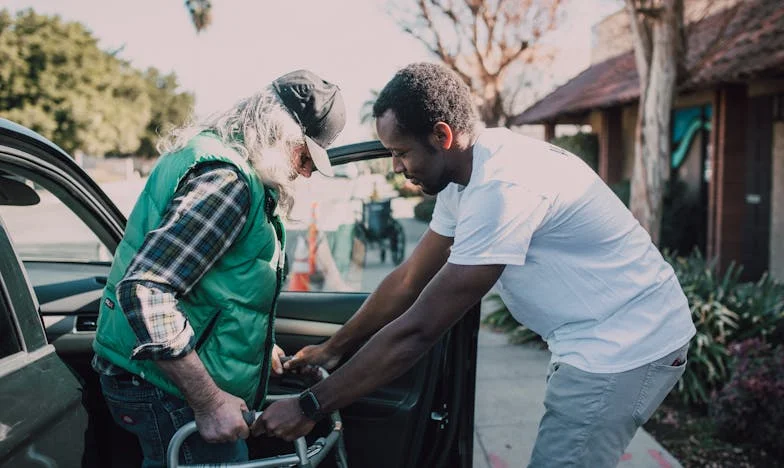“When I Found Out My Daughter Was Having Twins, I Decided to Help Financially. I Didn’t Expect This Reaction”
When my daughter, Emily, called me one evening with the news that she was expecting twins, I was overjoyed. The thought of two little bundles of joy entering our lives filled me with excitement. Emily and her husband, Mark, had been trying for a baby for a couple of years, and this news felt like a blessing. However, I knew that raising twins would be a significant financial burden on them, especially since they were already struggling to make ends meet.
Emily and Mark had always had a tumultuous relationship. They would argue, make up, and then argue again. It was a cycle that seemed never-ending. My husband, John, and I had learned to stay out of their disputes, believing that they needed to work things out on their own. But now, with the twins on the way, I felt compelled to step in and offer my support.
I decided to help them financially. John and I had saved up a decent amount over the years, and we were more than willing to dip into our savings to ensure that our daughter and her growing family had everything they needed. I called Emily the next day and told her about our decision.
“Emily, your father and I have been thinking,” I began. “We want to help you and Mark with the expenses for the twins. We know it’s going to be tough, and we don’t want you to worry about money.”
There was a long pause on the other end of the line. Finally, Emily spoke, her voice trembling with emotion. “Mom, that’s incredibly generous of you. But… I don’t know if Mark will accept it.”
“Why not?” I asked, puzzled. “We’re family. We want to help.”
“Mark has always been proud,” Emily explained. “He doesn’t like taking money from anyone, not even family. He feels like it makes him look weak.”
I sighed, understanding the complexity of the situation. “Well, let’s talk to him together. Maybe if he sees how much we care, he’ll understand.”
A few days later, John and I went over to Emily and Mark’s house for dinner. After the meal, we broached the subject of financial assistance. As expected, Mark’s reaction was less than enthusiastic.
“I appreciate the offer,” he said stiffly. “But we can manage on our own.”
“Mark,” John interjected gently, “we’re not trying to undermine you. We just want to make sure that Emily and the babies are well taken care of.”
Mark’s face hardened. “I said we can manage.”
The tension in the room was palpable. Emily looked torn between her loyalty to her husband and her gratitude towards us. I decided to back off for the moment, hoping that Mark would come around eventually.
Weeks passed, and Emily’s due date drew closer. Despite our initial conversation, Mark remained adamant about not accepting our help. The stress of impending parenthood only seemed to exacerbate their arguments. Emily confided in me that their fights were becoming more frequent and intense.
One night, I received a frantic call from Emily. She was in tears, barely able to speak through her sobs. “Mom, I can’t do this anymore,” she cried. “Mark and I had a huge fight. He stormed out, and I don’t know where he is.”
My heart broke for my daughter. “I’m coming over,” I said firmly.
When I arrived at their house, Emily was sitting on the couch, her face streaked with tears. She looked exhausted and defeated. I sat down beside her and pulled her into a hug.
“Emily, you don’t have to go through this alone,” I whispered.
“I know,” she replied shakily. “But it’s so hard.”
As the weeks turned into months, it became clear that Mark’s pride was causing irreparable damage to their relationship. The stress of raising twins without adequate support took its toll on both of them. Emily became increasingly withdrawn, and Mark’s absences grew longer and more frequent.
One day, Emily called me with devastating news. “Mom,” she said quietly, “Mark left. He said he couldn’t handle it anymore.”
I felt a wave of anger and sadness wash over me. How could he abandon his family when they needed him the most? But I knew that now was not the time for anger.
“Emily,” I said softly, “we’re here for you. We’ll get through this together.”
Despite our best efforts to support her emotionally and financially, the strain of single parenthood weighed heavily on Emily. The once vibrant and hopeful young woman I knew seemed to fade away, replaced by someone who was constantly tired and overwhelmed.
In the end, my attempt to help financially had not brought the relief I had hoped for. Instead, it had exposed the deep cracks in Emily and Mark’s relationship, leading to a heartbreaking outcome that none of us had anticipated.
